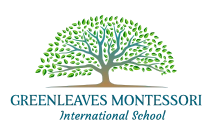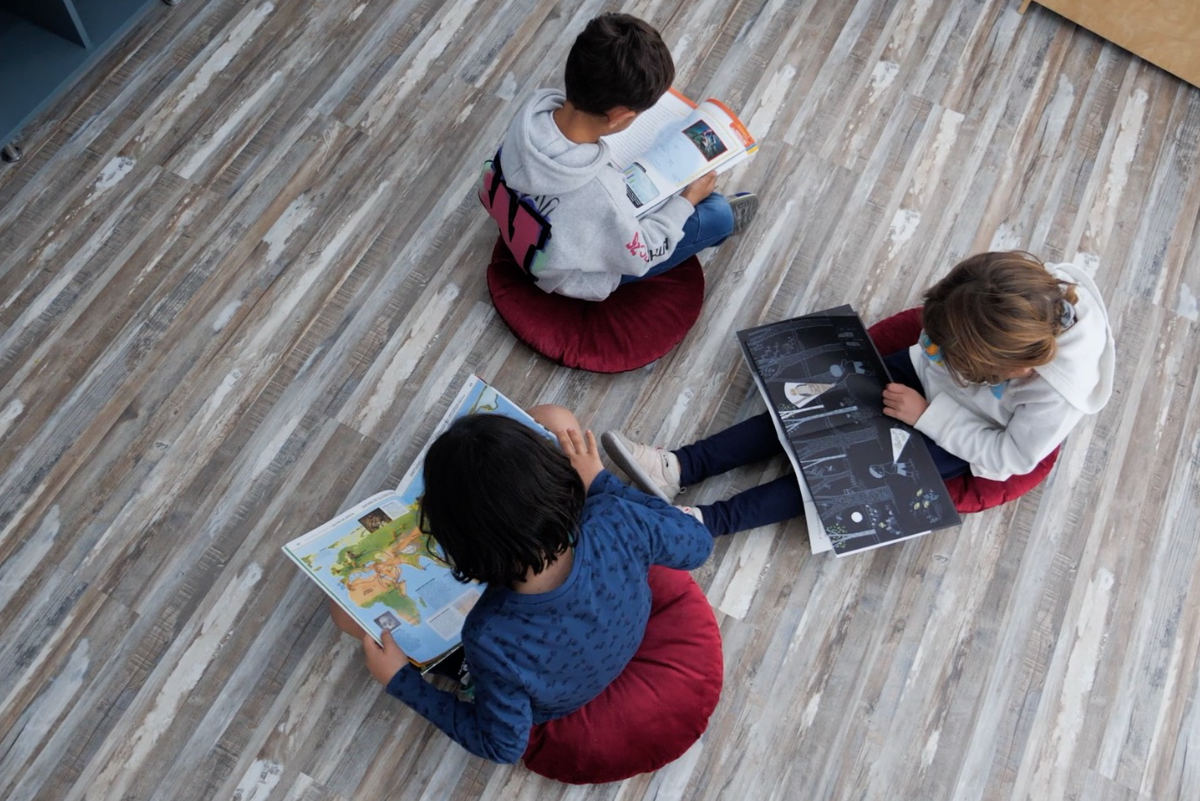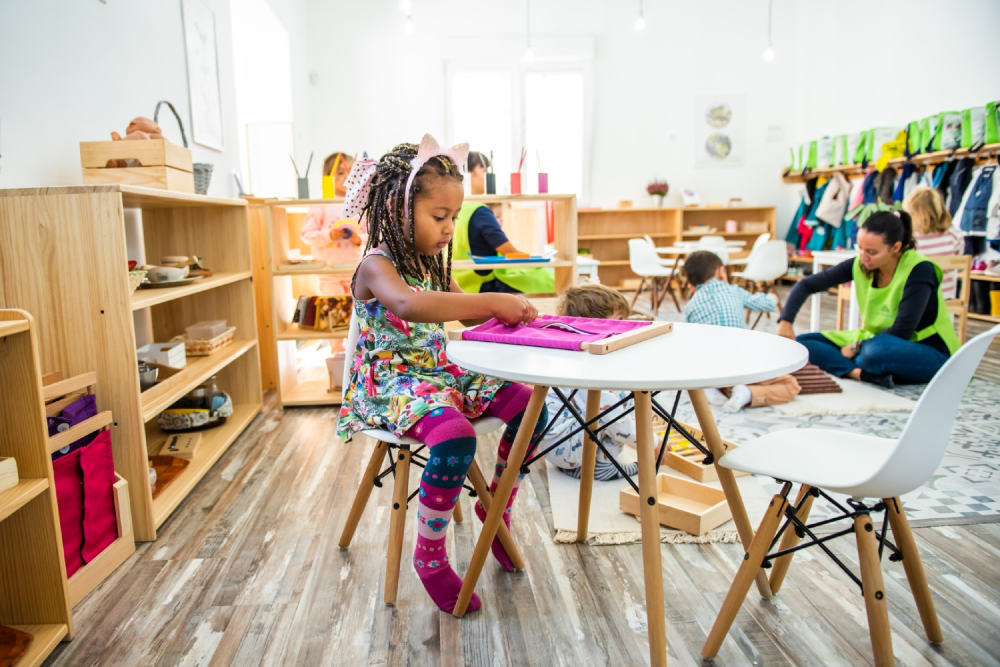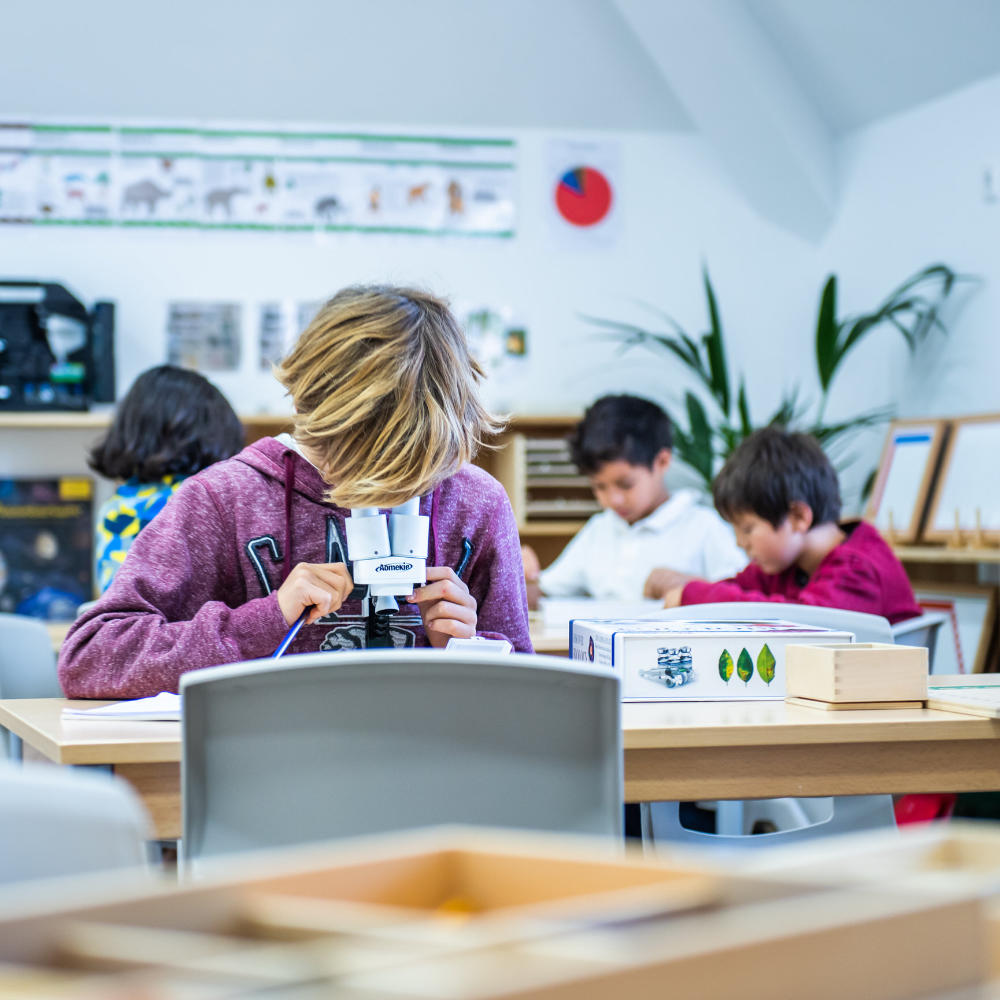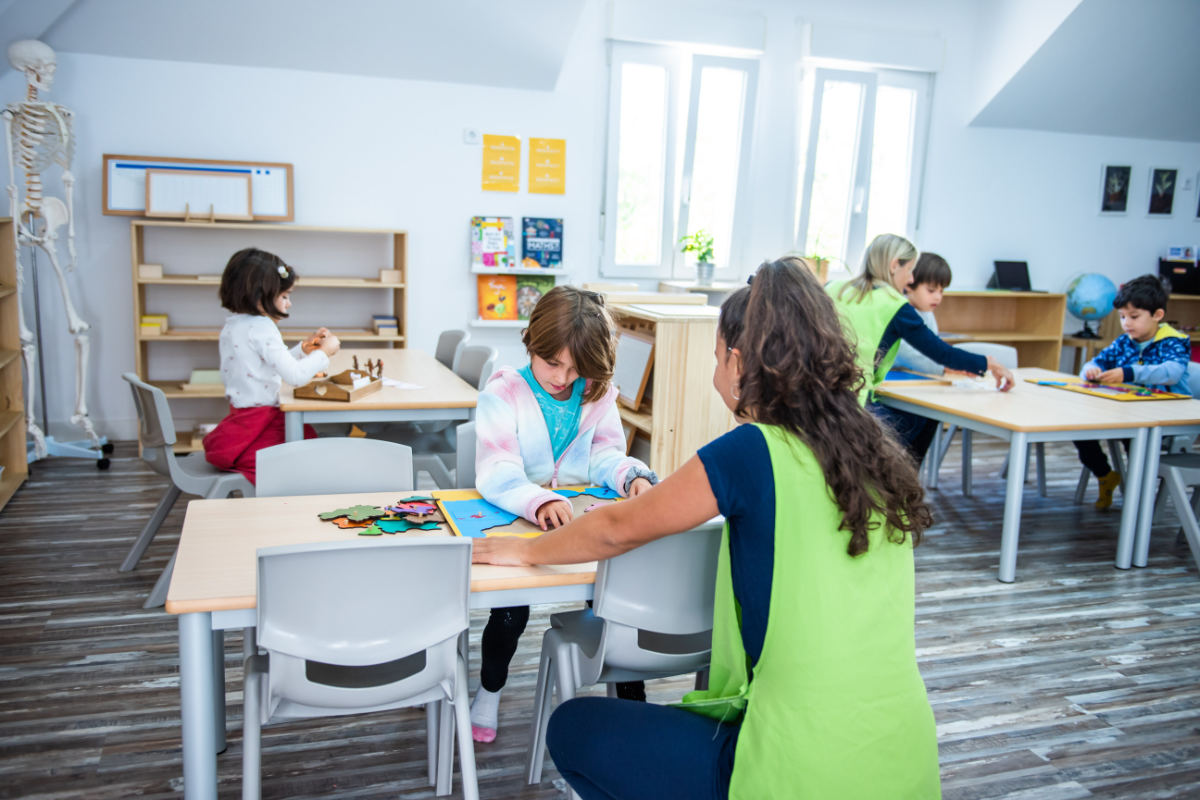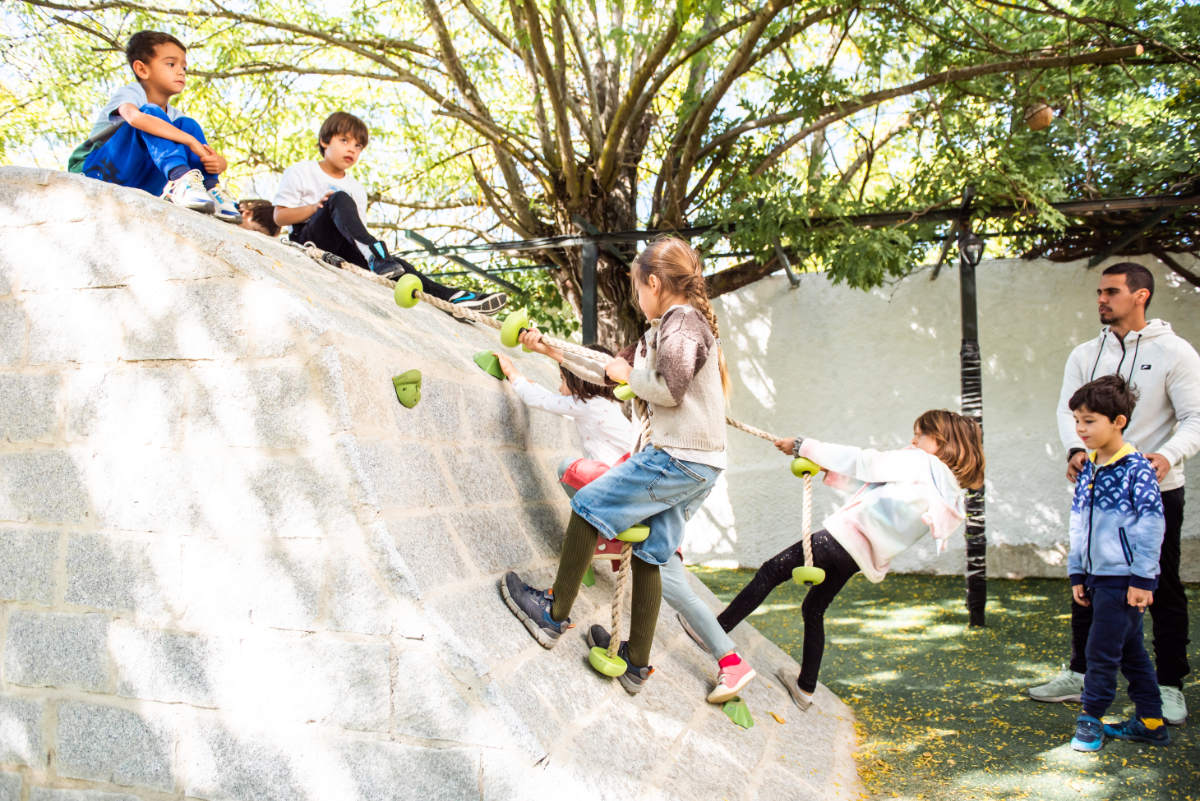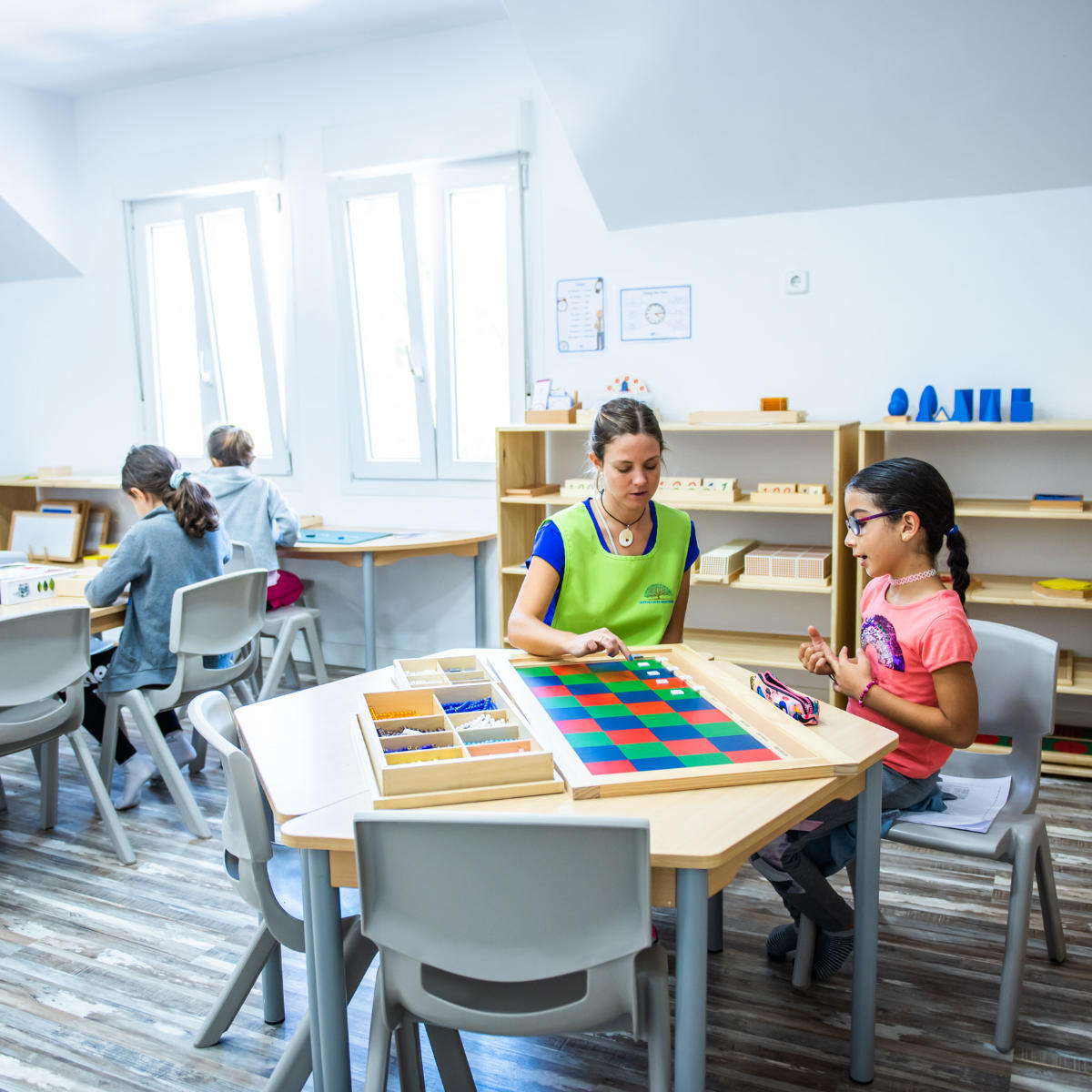Thanks to the communion that exists between the PYP and the Montessori philosophy, in our center we are committed to accompany our children in their interests, questions and theories about themselves and the world around them.
Through the cycle of uninterrupted work inquiry, students have the opportunity to generate their own learning and follow up on their interests in an autonomous, responsible and respectful way with themselves, their classmates and the environment. Thus generating a harmonious space for daily work.
Throughout all stages of the PYP, each student is the principal agent of his or her own learning and the learning of others. In both Montessori and PYP, students are seen as individuals with the capacity to reach their full potential.
“When a child feels self-confident, he then ceases to seek adult approval at every step.” Maria Montessori.
The teaching function is not limited to generating materials, spaces and strategies that allow free mobility and freedom of action for educational purposes, but the Guides are personal companions of each of the children in the development of socio-emotional management. This close and personal accompaniment creates in the students feelings of belonging, community and awareness of their own and others’ characteristics and needs.
